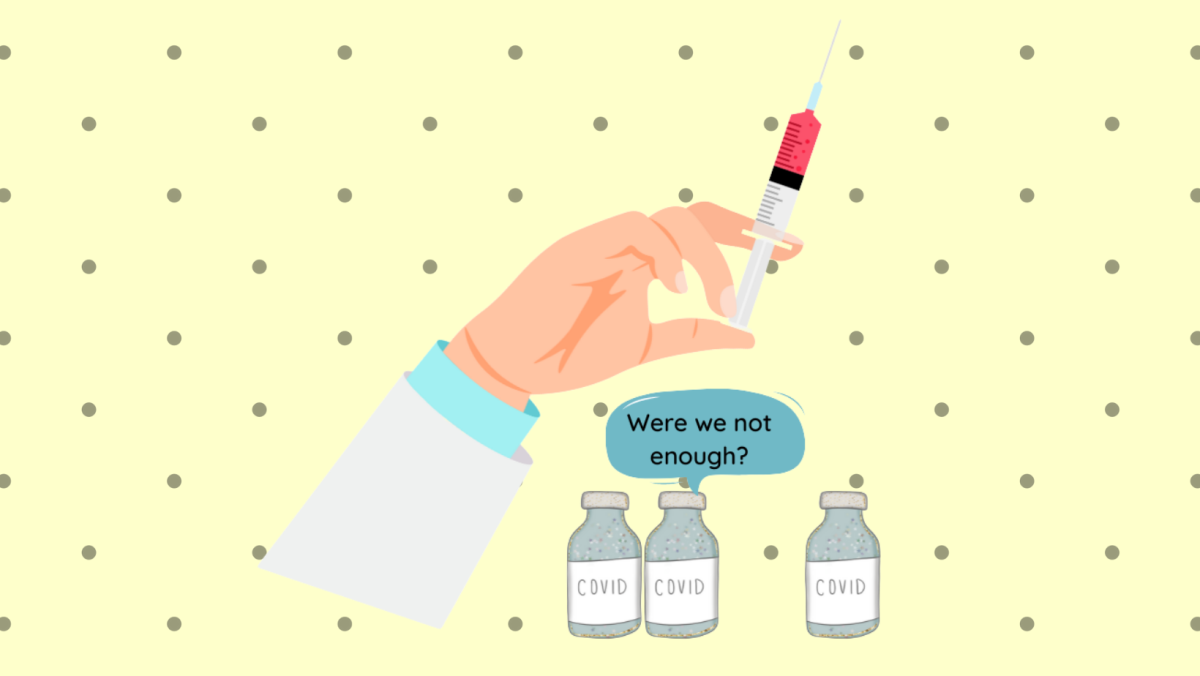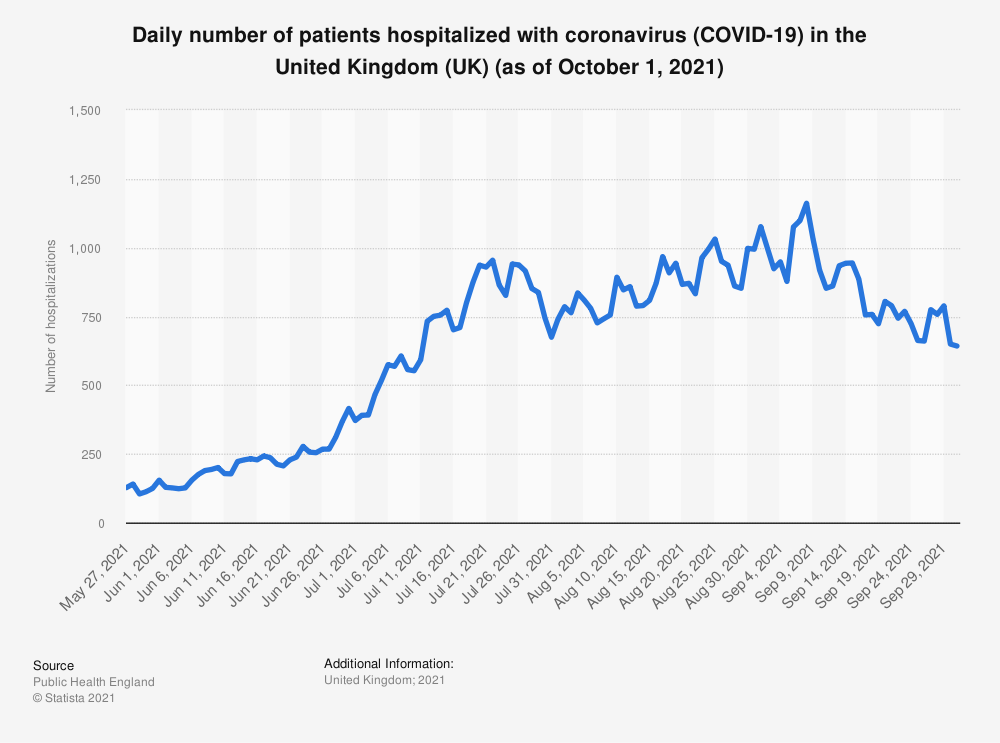COVID-19 booster vaccines: What, who and why?

We’re all tired of hearing about COVID-19, I know. But no matter how much we wish it would, it doesn’t seem to be going away anytime soon. The same is true for COVID-19 vaccines; they are here to stay. In fact, the government has just begun the rollout of a booster vaccination programme for winter 2021-22. So, what vaccines are recommended, who are they for, and why are they needed?
The first COVID-19 vaccine was approved for emergency use only one year after the virus first emerged. This rapid development timeline, along with the vaccines being the first mRNA-based vaccines to be authorised for use in humans, created some controversy. More importantly though, it showed the value of science and what it can accomplish with proper funding and modern technology. Prior to this, the fastest vaccine to have ever been developed from viral sampling techniques was the mumps vaccine. But even this took four years.
Since the start of the mass vaccination programme across the UK, over 60% of the population have received at least one dose of one of the four vaccines approved for use in the UK. It has been estimated that these vaccinations have prevented over 230,800 hospitalisations, and prevented over 20 million infections. Despite this, the Joint Committee on Vaccination and Immunisation has advised that individuals considered to be most vulnerable to severe COVID-19 disease should be offered a third dose of the vaccine, aiming to maintain protection in those individuals.

This decision was based on the COV-BOOST study funded by the UK government and the National Institute for Health Research, which investigated the effect of a third vaccine dose on patients’ immune responses. They studied seven different COVID-19 vaccines and found that booster doses resulted in enhanced immune responses, with the mRNA vaccines generating a stronger reaction than other COVID-19 vaccines. For this reason, the Pfizer-BioNTech and Oxford-AstraZeneca vaccines are being offered preferentially, irrespective of what vaccine brand the patients initially received.
The group currently being offered the booster vaccine includes those who received their vaccination in phase 1 of the primary vaccination programme: adults aged 50 or over, those living in residential care homes, frontline health and social care workers, those with underlying health conditions, and those living with immunosuppressed individuals. Recent studies have found evidence that levels of protection against infection and symptomatic disease in older individuals who received their vaccine longer ago have begun to fall.
Other studies have indicated that additional vaccine doses increased antibody production against COVID-19 in organ transplant patients with compromised immune systems. With restrictions easing up, increased social interactions and a reduction in mask-wearing could result in a rise in COVID-19 infections. This would put additional pressure on the NHS during the winter, during which viral infections already tend to surge. Now, then, seems to be the perfect time for a booster vaccine.
So why isn’t the booster being offered to everyone? After all, the government has been strongly encouraging us all to get a COVID vaccine in the first place. Well, they may be offered to the general population eventually, but most younger adults received their COVID-19 vaccines in the summer or autumn of 2021. This means there is little data on the benefits of booster vaccines and the duration of immune-induced protection in this group.
What’s more, it is likely that the immune response induced by the primary vaccination would be stronger in younger, healthier individuals compared to older ones. For those reasons, the European Centre for Disease Prevention and Control has suggested that booster doses are not currently needed for fully vaccinated individuals in the general population.
So, most of us probably won’t require a booster vaccine anytime soon. However, COVID is still dominating our lives and, while it is, protecting those who are most vulnerable is essential. These additional vaccine doses, along with facemasks and hand sanitizer, play a key role in that. With these precautions, hopefully, pre-COVID normality, or some semblance of it, may not be too far away.







